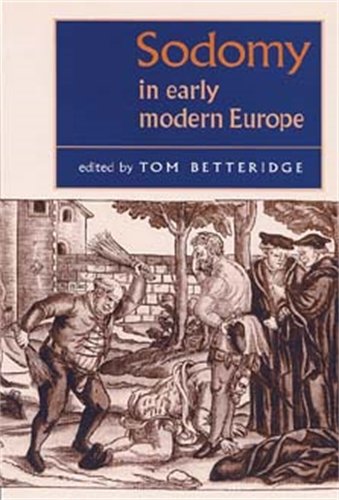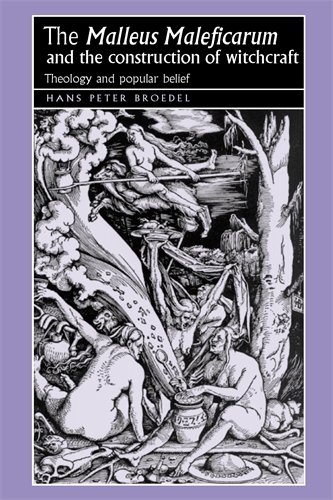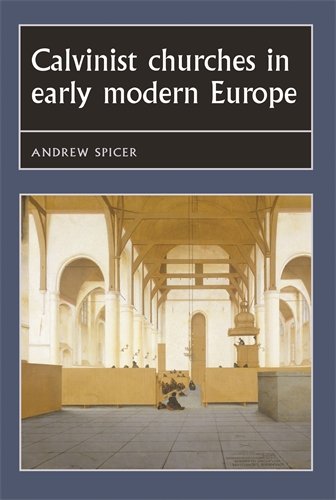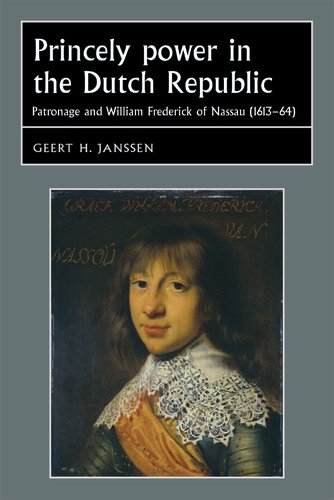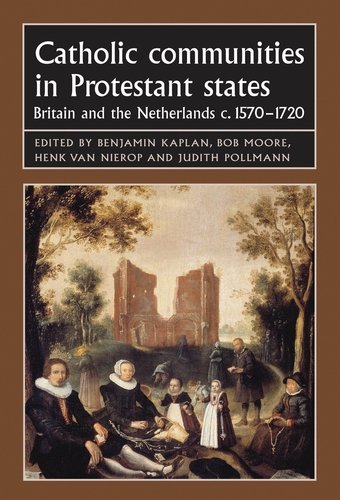Religion and superstition in Reformation Europe
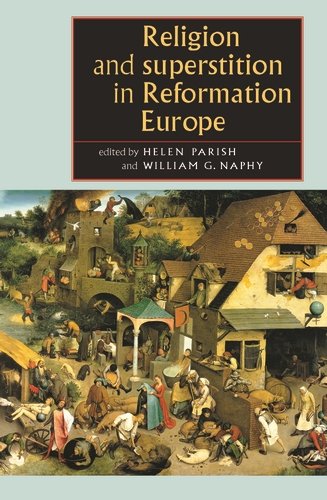
What, in the 16th and 17th centuries, was "superstition"? Where might it be found and how might it be countered? How was the term used and how effective a weapon was it in the assault on traditional religion? The ease with which accusations of "superstition" slipped into the language of Reformation debate has ensured that one of the most fought-over terms in the history of early modern popular culture, especially religious culture, is also one of the most difficult to define. This text offers a novel approach to the issue, based upon national and regional studies, and examinations of attitudes to prophets, ghosts, saints and demonology, alongside an analysis of Catholic responses to the Reformation and the apparent presence of "superstition" in the reformed churches. It challenges the assumptions that Catholic piety was innately superstitious, while Protestantism was rational, and suggests that the early modern concept of "superstition" needs more careful treatment by historians. The book also demands that the terminology and presuppositions of historical discourse on the Reformation be altered to remove lingering sectarian polemic.

Helen Parish is Lecturer in History at the University of Reading. William G. Naphy is Senior Lecturer in History and Head of Department at the University of Aberdeen

